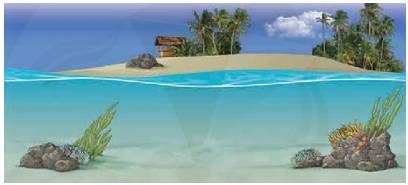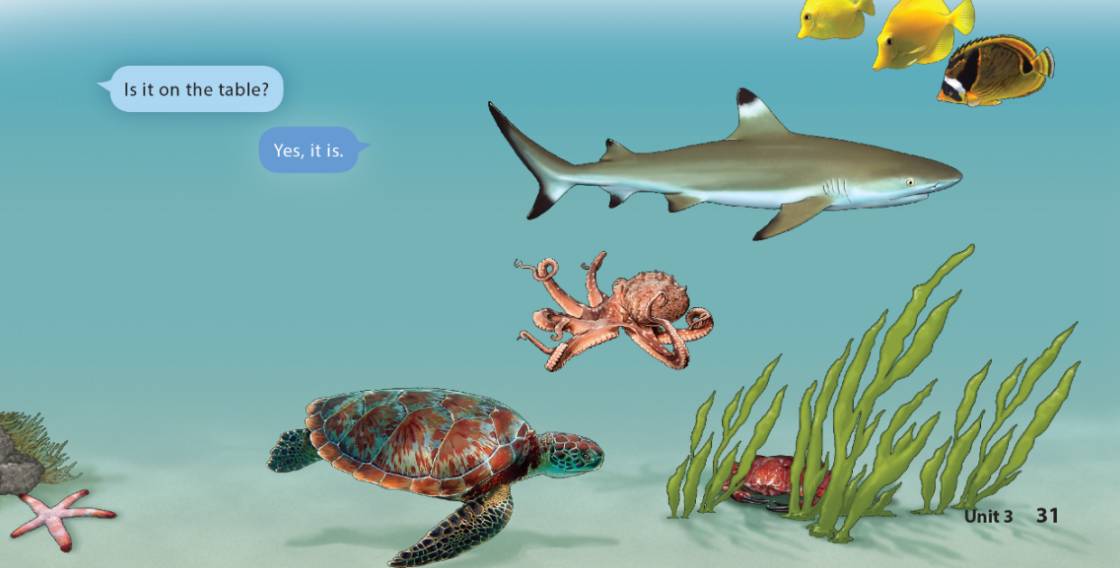I - Choose the best answer from the four options given to complete each sentence.
1. We wish we ……………….better at Math and English.
(is /are /was /were)
2. Mary ask him …..Stella was his sister
(if / what / or not / either)
3.We ……………go fishing with him when we …………..in the village
(used to-lived /are used t-lived /used to - live /get used to-lived)
4.Vietnamese ………………is now available to purchase online.
(acquer/lacquers/lacquerware/ lacquerware)
5.Many people believe him, ……………….he often tells a lie.
(because/ in spite of/ although/ so)
6.He wants to buy a(n) ……………..car because he doesn’t have much money.
(expensive/ affordable/ rich/new)
7.He decided to drop……………….and set up his own company.
( off/ out/on/at)
8……………… she is young, she is very independent.
(although/Because/In order that/In spite of)
9.He wondered……………..to tell the news to his parents.
(how/why/what/who)
10. Jane said that she………..come and look after the children the following day. (can/will/could/should)
11…………….Six people applied for the job, but four of them were……………..
(set up/turn down/look up/put it up)
12. The government must take…………..to preserve historical sites in the area.
(structure/measures/recognitions/complex)
13. I wish there …………too much family violence in the world.
(is /was /were /both B&C)
14. My mother suggests…………postcards to my old teachers on the Teacher’sday.
(sent /send /to send /sending)
15.……………...that many people are homeless after the floods.
(It is say /It is said/It says/It is said that)
16.A……..is a building or place that has been made stronger and protected againt attack.
(citadel/structure/fortress /tower)
17.The Imperial Citadel of Thang Long is a …………….. that consists of royal palaces and monuments.
( complex /structure / setting /measure)
18.Men used ______ the bread winner of the family.
A. be B. to be C. to being
19.Should we try to ………. every custom or tradition which is in danger of dying out?
A. preserve B. act out C. entertain
20.The children in my home village used to go…………., even in winter. Now they all have shoes.
A. on foot B. bare-footed C. playing around
21.At night they used to entertain …………….by telling and acting out stories.
A. them B. their C. themselves
22.Should we try to…………..…every custom or tradition which is in danger of dying out?
A. preserve B. act out C. entertain
23.At night they used to entertain …………… by telling and acting out stories.
A. them B. their C. themselves
24.I wish people in the world ………………… conflicts and lived in peace.
A. don’t have B. doesn’t have C. didn’t have
25..It is important to ___________ the wonders of the world so that future generations can see them with their own eyes.
A. destroy B. ignore C. remain D. preserve
26.You don't have to go to a supermarket for that. Just wait for a street ___________ to go past, and buy it.
A. person B. vendor C. supplier D. purchaser
27.Production methods in the village are normally ___________ from ancestors to the younger generations.
A. passed away B. passed out C. passed up D. passed down
28.It's a great experience to be sitting comfortably in a ___________ pulled by someone through the ancient streets.
A. bicycle B. rickshaw C. car D. train
29.___________ by the sea, the country has the advantage of having a large coastal area.
A. Situating B. Located C. Locating D. Stood
30. I love it when we go to see plays, and try to ___________ when we get back home.
A. play B. role-play C. act them out D. act
II - Use the correct form of the words in parentheses.
1. Many tourists have visited Ha Long Bay since UNESCO’s ………….of this beautiful spot. (RECOGNISE)
2. Phong Nha – Ke Bang can be compared to a precious ………………..museum. (GEOLOGY)
3. The only …………………………. people had the radio thirty years ago. (WEALTH)
4. Bai Dinh Pagoda is a …………………. site which is located in Ninh Binh province. (RELIGION)
5. is a state whereby one is unable to read and write. (illiterate)
6. Show teenagers that you respect their by knocking on their bedroomdoor. (private)
7. Reality TV has been a very successful form of mass . (entertain)
8. It’s difficult to with a negative people who will do nothing to helpthemselves. (sympathy)
9. Unlike watching television, you had to use you……………………. when you read. (IMAGINE)
10. The hotel is ................................... located in a quiet spot near the river. (BEAUTY)
11. This book is about .................................... features of Viet Nam. (GEOLOGY)
12. Hue’s most outstanding ....................................are the emperors’ tombs. (ATTRACT)
13. You should ................................... see the Red Fort, in Old Delhi. (DEFINITE)
14. There is no.................................for social activities for teenagers in your town. (ORGANISE)
15. I like a hotel in a ................................... setting of landscaped gardens. (BEAUTY)
16. I wouldn’t eat anything that’s sold in the street. You can ............................ get ill. (EASY)
17. The government must take measures to preserve ......................... sites in the area. (HISTORY)



đăng vào đây để gây sự chú ý? =))
A: What animals are in your picture? Is there a shark?
(Có những động vật nào trong bức tranh của bạn? Có cá mập không?)
B: Yes, there's a shark.
(Có một con cá mập.)
A: Where is it?
(Nó ở đâu?)
B: It's next to the coral reef.
(Nó ở cạnh rặng san hô.)
A: Is there a sea turtle?
(Có rùa biển không?)
B: Yes, there is.
(Có một con rùa biển.)
A: Where is it?
(Nó ở đâu?)
B: It’s on the rock and on the left of the seaweed.
(Nó ở trên tảng đá và bên trái của rong biển.)
A: Is there a crab?
(Có cua không?)
B: Yes, there is.
(Có một con cua.)
A: Where is it?
(Nó ở đâu?)
B: It’s between the shark and the sea turtle.
(Nó ở giữa cá mập và rùa biển.)
A: Is there a dolphin?
(Có cá heo không?)
B: Yes, there is.
(Có một con cá heo.)
A: Where is it?
(Nó ở đâu?)
B: It’s on the sea turtle.
(Nó ở trên rùa biển.)